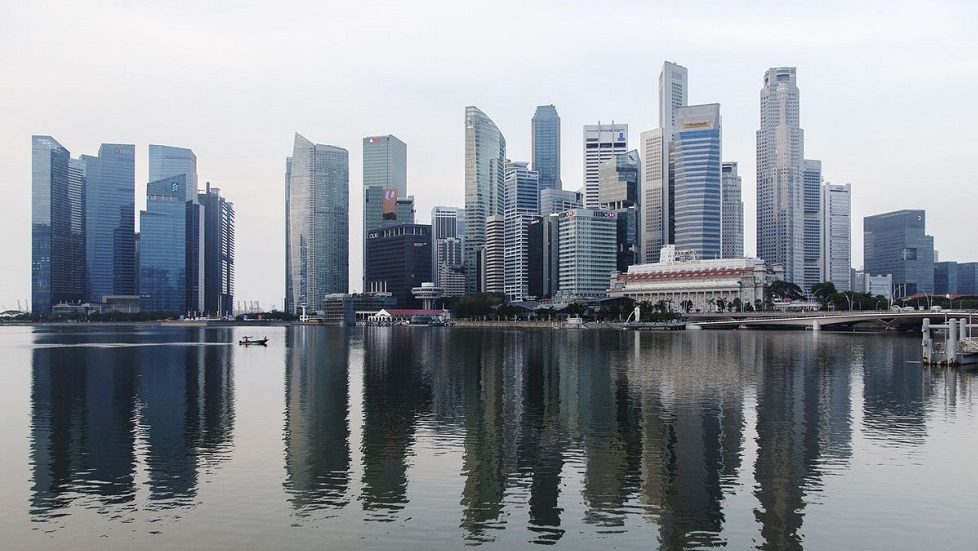Japan’s Polaris Capital Group-backed Altair Capital has made the first close a little below $100 million for its maiden ASEAN fund, a top executive with the firm told this portal.
Start your deal-making journey now!
Subscribe now to enjoy unlimited access at just $59.
Premium coverage on private equity, venture capital, and startups in Asia.
Exclusive scoops from our reporters in nine key markets.
In-depth interviews with industry leaders shaping the ecosystem.
Already a Subscriber? Log in
Contact us for corporate subscriptions at subs@dealstreetasia.com



